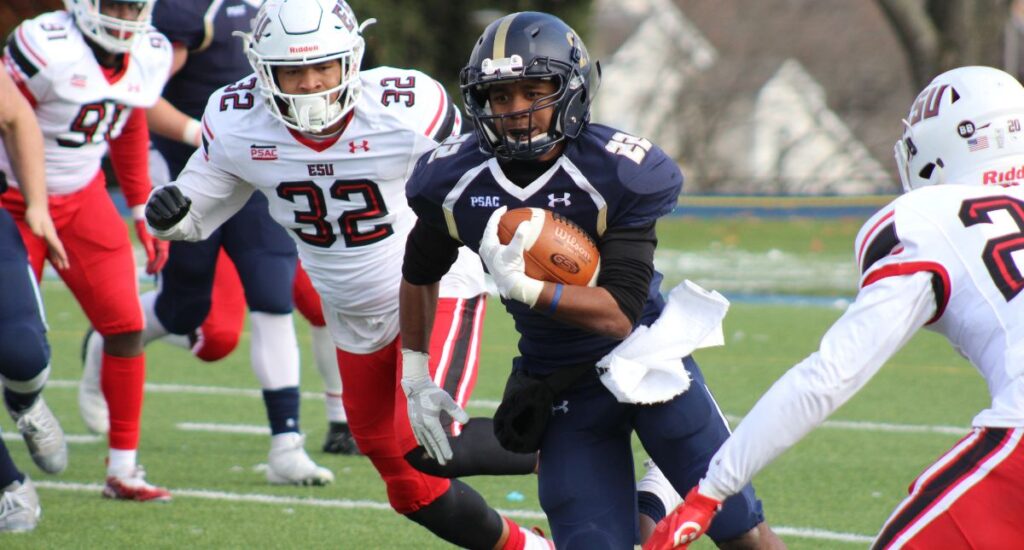“The key is to listen and adjust accordingly.”
In the world of athletics, the importance of nutrition can’t be overstated. It’s much more than just fueling the body—it’s about integrating and optimizing the diet to tap into the body’s full potential for peak performance. This is where integrative health comes in, offering a comprehensive approach to optimize diet and nutrition for athletes. Let’s dive in, shall we?

Integrative Health for Athletes: Nutritional Needs for Peak Performance
The first step in the integrative health for athletes approach is to understand the specific nutritional needs of each athlete. Dr. Stephen Cabral, a renowned expert in the field, has pointed out that every athlete is unique—and so are their nutritional needs.
Here are some key factors that play a significant role in determining an athlete’s nutritional requirements:
Activity Level
The more active you are, the more nutrients your body needs. This includes macronutrients (proteins, fats, and carbohydrates) and micronutrients (vitamins and minerals).
Body Composition
Your body composition—that is, the ratio of muscle to fat in your body—also affects your nutritional needs. Athletes with more muscle mass generally require more protein, for example.
Age and Gender
These factors can influence your metabolism, which in turn affects your dietary needs. For example, younger athletes often require more calories than older ones, while female athletes may need more iron.
Health Condition
Any underlying health conditions can also influence your dietary needs. For example, athletes with diabetes need to carefully manage their carbohydrate intake.
Remember, identifying these needs is just the starting point. The real magic happens when you design a personalized diet plan that meets these needs—and that’s where integrative health shines. The goal is not just to feed the body, but to optimize its performance. And with integrative health for athletes, that’s exactly what you get.
In the next section, we’ll discuss how to design a personalized diet plan for peak performance using an integrative health approach. Stay tuned!
Design a Personalized Diet Plan for Peak Performance
Alright, now that we’ve identified the nutritional needs, let’s move on to designing a personalized diet plan. This is where we take our integrative health approach to the next level.
Drawing on the work of Dr. Pippa Grange, we realize that the key to peak performance isn’t just about the physical—it’s also about love and soulfulness. It’s about creating a diet plan that you not only follow, but love. So, how do we make this happen?
Understand Your Preferences
Your diet plan shouldn’t feel like a chore. It should include foods you enjoy eating—it’s about making healthy choices, not depriving yourself. As Dr. Grange would say, it’s about love: love for your body, love for your health, and love for your performance.
Balance Your Nutrients
The plan should provide a balance of proteins, fats, and carbohydrates. Specifically, this balance will depend on your activity level, body composition, age, gender, and health condition. No one-size-fits-all here—this is a diet plan tailored to you.
Focus on Whole Foods for Peak Performance
As much as possible, your diet should consist of whole, unprocessed foods. These foods are naturally rich in the nutrients your body needs to perform at its best.
Consider Timing
When you eat is just as important as what you eat. Your diet plan should consider your training schedule and ensure that you’re fueling your body at the right times.
Hydrate, Hydrate, Hydrate
Never underestimate the power of hydration! Make sure you’re drinking enough water and that you’re replenishing essential electrolytes—this is crucial for peak athletic performance.
Remember, the goal here is not just to create a diet plan, but to optimize it for your performance. It’s about taking an integrative health approach to reach your peak performance. With integrative health for athletes, you’re not just feeding your body—you’re fueling it for greatness.
Once you’ve designed your personalized diet plan, it’s important to monitor and adjust it based on performance feedback. But we’ll get into that in the next section. Onwards and upwards!
Integrative Approach for Athletes: Monitor and Adjust the Diet Plan Based on Performance Feedback
Now that you have your personalized diet plan in place, it’s time to keep an eye on it. Monitoring and adjusting your diet according to your performance feedback is an integral part of the integrative health for athletes approach. It’s not a set-it-and-forget-it deal—we’re aiming for continual improvement here.
It’s about effective communication. And guess what? Your body communicates too. It tells you if the diet plan you’re following is working. The key is to listen and adjust accordingly.
Here are some steps to make sure your diet plan is on the right track:
Track Your Performance
Keep a record of your performance—whether it’s timing your runs, counting your reps, or noting down your energy levels. Furthermore, this will give you a clear picture of how well your diet is supporting your physical activities.
Keep a Food Journal
Write down what you eat, how much you eat, and when you eat. Over time, you may notice patterns that can help you optimize your diet further.
Peak Performance: Listen to Your Body
Your body will often tell you what it needs. Feeling sluggish? Maybe you need more carbohydrates. Muscle soreness not going away? Perhaps you need more protein for recovery.
Seek Professional Help
If you’re struggling to make sense of the feedback, don’t hesitate to reach out to your Integrative Health Practitioner. They can provide valuable insights and help fine-tune your eating plan and perhaps help you to uncover any food sensitivities or gut imbalances you may have.
Remember, this isn’t about perfection—it’s about progress. So, don’t be too hard on yourself if you need to make adjustments along the way. That’s the beauty of the integrative health for athletes approach—it’s flexible and adaptable, just like you.
Effective communication is key—and that includes communication with your own body. So, listen, adjust, and keep striving for that peak performance. You’ve got this!
Do you want to learn how to optimize your diet for peak performance and help other athletes do the same? Schedule a call with a certified IHP from the Integrative Health Practitioner Institute today!












